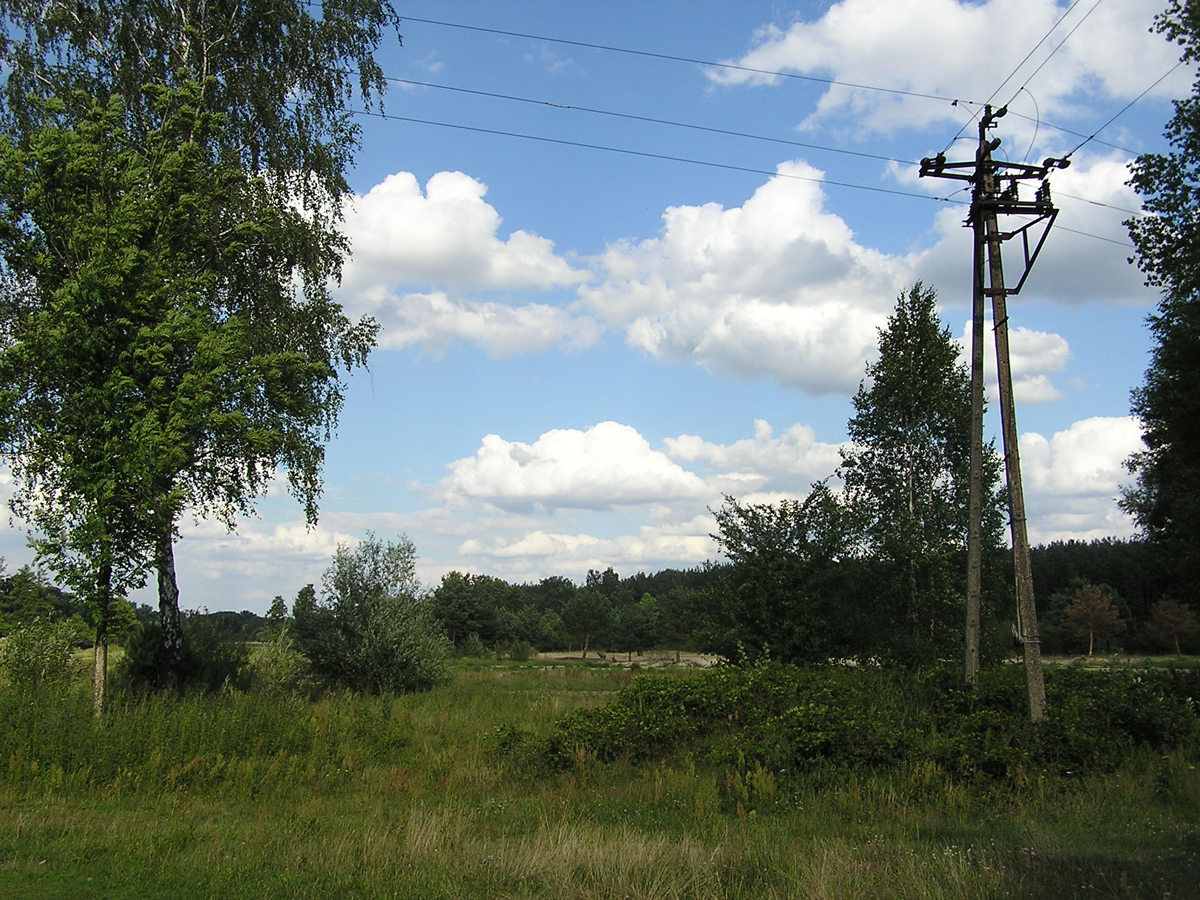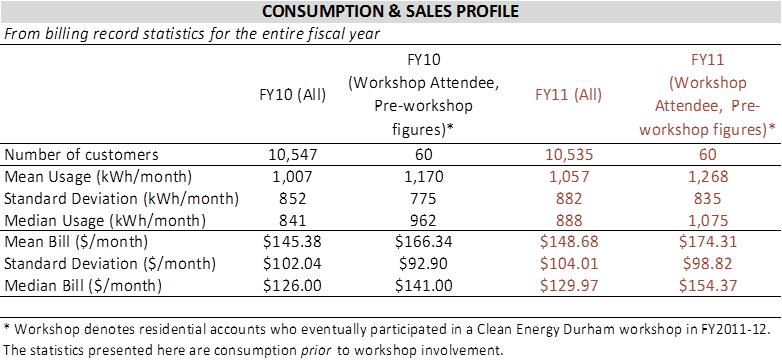Christine E. Boyle, PhD is a Post-doctoral Fellow at the Environmental Finance Center. Dr. Boyle investigates new models for sustainable local water and energy provision.
In the world of energy efficiency programming, relatively few programs have focused on the unique challenges that rural, low-income electricity cooperatives face in managing residential demand and lowering customer bills.
In 2012, the Environmental Finance Center carried out a quantitative impact evaluation of one such program, Clean Energy Durham’s community-based workshops and trainings in Warren County, North Carolina. We evaluated how attending a Clean Energy Durham workshop impacted households’ energy consumption, by comparing electricity bills before and after the workshops in these households, with households that did not attend.
Clean Energy Durham, a non-profit organization with a mission to spur residential energy conservation, offers an innovative, decentralized model to empower and engage community members to lower electricity consumption through behavioral changes and do-it-yourself retrofits. The primary outreach mechanism of Clean Energy Durham is a series of energy efficiency workshops, held in public places, to inform interested community members on best practices in home retrofit projects and simple behavioral changes to bring about low-cost electricity savings.
Key Findings of the Halifax EMC Electricity Customer Sales Profile and Community Conservation Program Evaluation
● A small share of high users make up large portion of total consumption, and revenue. In FY 2011, while only 25% of households averaged more than 1500 kWh per month throughout the year, these “high user” households comprised 48% of total residential consumption, and made up 44% of the total residential billed amount.
● Higher users, on average, chose to attend Clean Energy Durham Workshops. Individuals who chose to participate in one of Clean Energy Durham’s workshops had 20% greater consumption, on average, than the typical Halifax EMC customer (page 11).
● Clean Energy Durham workshops led to decreased monthly electricity use, relative to non-workshop attendees’ monthly use. Preliminary statistical analysis reveals a 7.5% reduction in monthly electricity use for workshop participants, relative to households who did not participate in a workshop. This translates to an avoided energy expenditure of roughly $13 per month, on average, that can be attributed to workshop attendance.
Table 1- HALIFAX EMC RESIDENTIAL ELECTRICITY CONSUMPTION AND SALES STATISTICS
These results, while based on a very small sample, are encouraging and suggest that decentralized, community-based energy conservation initiatives have the potential to reduce peak demand and lower residential customers’ utility bills.
The full report assessing the impact of the community conservation workshops on household energy use in Warren County, NC can be found here.
———————————————————————————————
The Halifax EMC Customer Profile and Community Conservation Program Evaluation reports are products of the Environmental Finance Center at the University of North Carolina, Chapel Hill. Findings, interpretations, and conclusions included in this report are those of the authors and do not necessarily reflect the views of EFC funders, the University of North Carolina, the School of Government, or those who provided review.
We are grateful to the Z. Smith Reynolds Foundation for assisting with funding of this research.
Cover photo courtesy of Michal Zacharzewski via stock.xchng.



